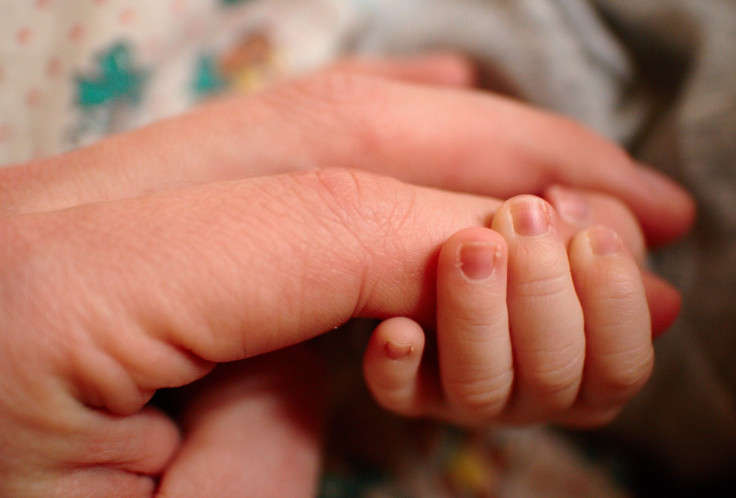Women With Postpartum Depression, Low-Income Benefit From Supportive Text Messages

Postpartum depression affects an estimated nine to 16 percent of new mothers, but the American Psychological Association (APA) says the condition can be prevented and treated. One solution may be the Happy Mothers, Happy Families program at the SSM Cardinal Glennon Children’s Medical Center in St. Louis.
Dr. Matthew A. Broom is a physician at Cardinal Glennon, and he created the program after receiving a three-year grant from the Maternal Child and Family Health Coalition (MCHFC). According to the program’s website, its purpose is to provide “comprehensive maternal and family counseling services… and utilizes text messaging as a tool to improve our ability to provide support and assurance for those families who are part of our Pediatric Medical Home.” These supportive text messages are especially useful for women from low-income environments as they’re a cheaper alternative to traditional therapy.
Since therapy is so often inaccessible to women with low income, Broom conducted a study to evaluate how feasible it was to substitute his program’s text messaging system with traditional therapy. Fifty-four mothers with postpartum depression were involved in the study, each from different racial and ethnic minority backgrounds. Participants received supportive texts four times a week over the course of six months — and the messages ranged from informational to motivational and reflective. For example, one text would read, “Having a routine is comforting for babies,” and another would read, “Today, let's focus on making decisions from the facts not our feelings.”
Broom and his team found these text messages did, in fact, function as a low-cost, feasible alternative to therapy for mothers suffering from post-partum depression. In a press release, he said the study shows there’s more than one way "to make contact with a group that has an extreme need."
"Moms that are well from a mental health perspective have children with better developmental outcomes," Broom said. "If we can provide more support and services for the high-risk mothers we serve, we will be able to create a greater positive impact for their children."
Low-income or not, the APA cited successful prevention strategies for postpartum depression include social support from other mothers, friends, and relatives. In addition to this, mothers who get adequate sleep and cut "down on less important responsibilities" can improve their condition and overall health.
Source: Broom M.A., et al. Feasibility and Perception of Using Text Messages as an Adjunct Therapy for Low-Income, Minority Mothers With Postpartum Depression. JMIR Mental Health. 2015.
Published by Medicaldaily.com



























